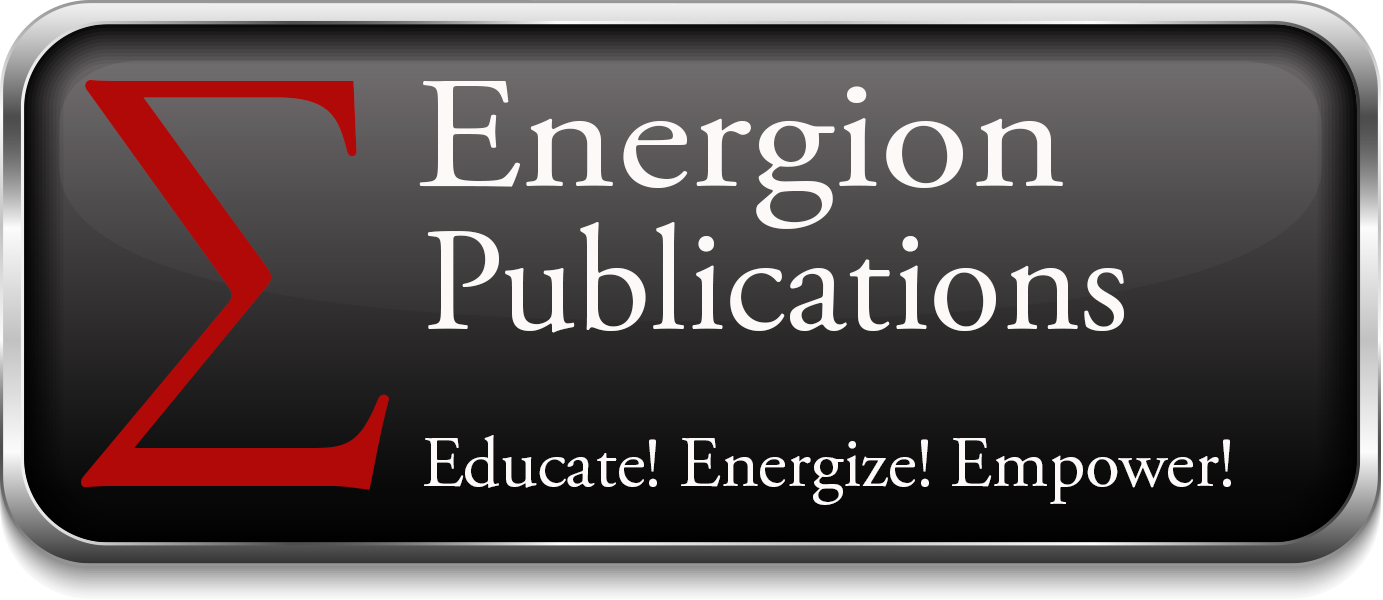Pricing Books
Steve A. Wiggins, an author, writes a post titled, The Price is Wrong.
I recommend that our authors read it, and it wouldn’t hurt for customers to do so as well, as it touches on some factors in pricing books.
The issues are different for Energion Publications, but only in degree. The reason is that we publish only a few books that border on academic. Several of these have been chosen as textbooks. Having a book selected as a text or as required reading for a course is a mixed blessing. More books sell, but especially in the age of ebooks and of easy access online, college and university bookstores have a hard time estimating order size, and thus there are returns.
One book, Aprenda a leer el Griego del Nuevo Testamento, has been reasonably successful despite an extremely low price—$19.99 for the print edition and just $0.99 for the ebook—but that has only been possible because the book is a translation, because we have extremely favorable arrangements with the author and the translation team, and because that low a price has resulted in good numbers.
The discussion in the linked post is good, so I’m not going to restate everything. At Energion we try to keep prices as low as possible, but I can testify to the risk in that. One book that sells badly can make a serious dent in our budget.
What I want to emphasize for you is this: The price of your book is not just set to provide us with a margin on the cost of printing the book. This is a view frequently held by both inexperienced authors and some book buyers. “Why shouldn’t an ebook cost next to nothing?” I’m asked. “It doesn’t cost you anything to produce!”
Well, it does cost something to have the book on a platform that will deliver it to your reader, but it does cost less than a print book. In addition, for low volume titles, print-on-demand makes economical production possible at volumes that would not have been thinkable even a few years ago.
For the publisher, however, the issue is the cost of producing and marketing the book, not the cost of printing. We absolutely need to keep the cost of printing (or of ebook distribution) low, but that is not our biggest cost. It costs a great deal to acquire, edit, design, and then market a title. For academic books these costs can be even higher, as there is a more stringent expectation for fact and reference checking in academic books. (We should be thorough in any case, but we’ll be held to a higher standard in the academic world.)
All of this comes out of the publisher’s share of the margin (or gross profit) on the book. The lower the volume, the more of this cost each book has to pay. In addition, there are enormous numbers of low volume books being published, so marketing can be costly, even in the day of social media.
Energion Publications is committed to keeping prices as low as we can, but we do not criticize others in our industry who are producing academic books at higher prices. The reason is that we know precisely what they’re going through, and without special circumstances, it’s going to remain difficult to publish academic books at reasonable prices.




